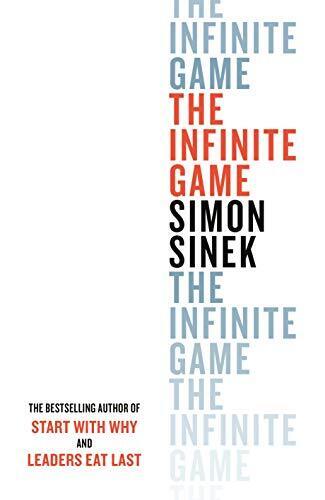
The core ideas this book are pretty good. But there are two major flaws. First, it’s not clear how to apply these ideas to the real world. Second, although the book has lots of examples of companies that supposedly apply these ideas (e.g., Apple, Patagonia, Costco), the examples feel cherry-picked, and almost certainly don’t explain the full complexity of what’s happening at those massive companies. So the book is worth reading to get a sense of the ideas, but what you walk away with is more of an inspirational message, rather than something concrete and actionable.
Those core ideas boil down to the following:
Finite vs infinite games
There are two types of games in the world. Finite games, such as chess and football, are those with clear rules and a clear end, and where the goal is to win. Infinite games, such as business and politics, are those where there are no clear rules, no clear ending, and the goal is to keep playing.
Sinek argues that many people who are actually playing infinite games have a finite mindset: e.g., they are trying to “win” at business, so they use all sorts of short term strategies and incentives. He believes that we’d all be far better off if we adopted an “infinite mindset” for infinite games.
The infinite mindset
The infinite mindset consists of several factors:
-
Awareness. Recognize that you’re playing an infinite game, and not a finite one, which means you should stop trying to “win” and instead, focus on how to stay in the game as long as possible.
-
Just cause. Pick a cause that people believe in and are willing to sacrifice for. This is not a moonshot, BHAG, or other short-term goal, but an infinite goal—a mission that lasts forever.
-
Worthy rival. Think of competitors not as someone to “defeat” (finite thinking), but as someone who challenges you, and gets you to perform your best.
-
Trust. Focus on creating teams that trust each other (psychological safety) above all else—even performance. If you can create trust within your teams, high performance will follow; the opposite is not necessarily true.
-
Existential flexibility. Be willing to change everything about your company in pursuit of your just cause. If you’re not willing, the market will force you to do it anyway.
-
Courage to lead. Most companies today follow Milton Friedman’s philosophy of shareholder primacy, where the goal of a business is to benefit its shareholders, above all else. This leads to short-term thinking and playing finite games. We all know this: every public company says how the public markets put pressure on a company that make things worse for everyone. It turns shareholders into renters and traders, rather than long-term owners. The courage to lead is the ability to ignore this prevailing mindset, and to play the infinite game, putting the just cause and the customers ahead of everything, including the shareholders.
